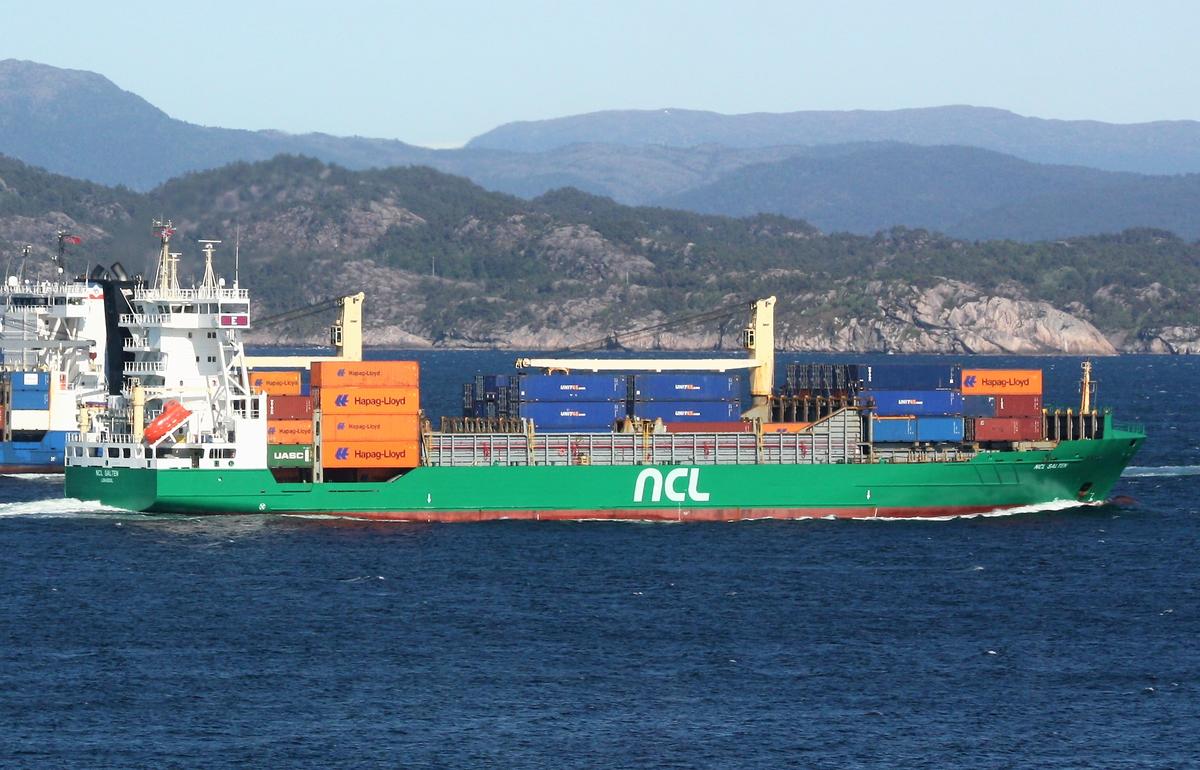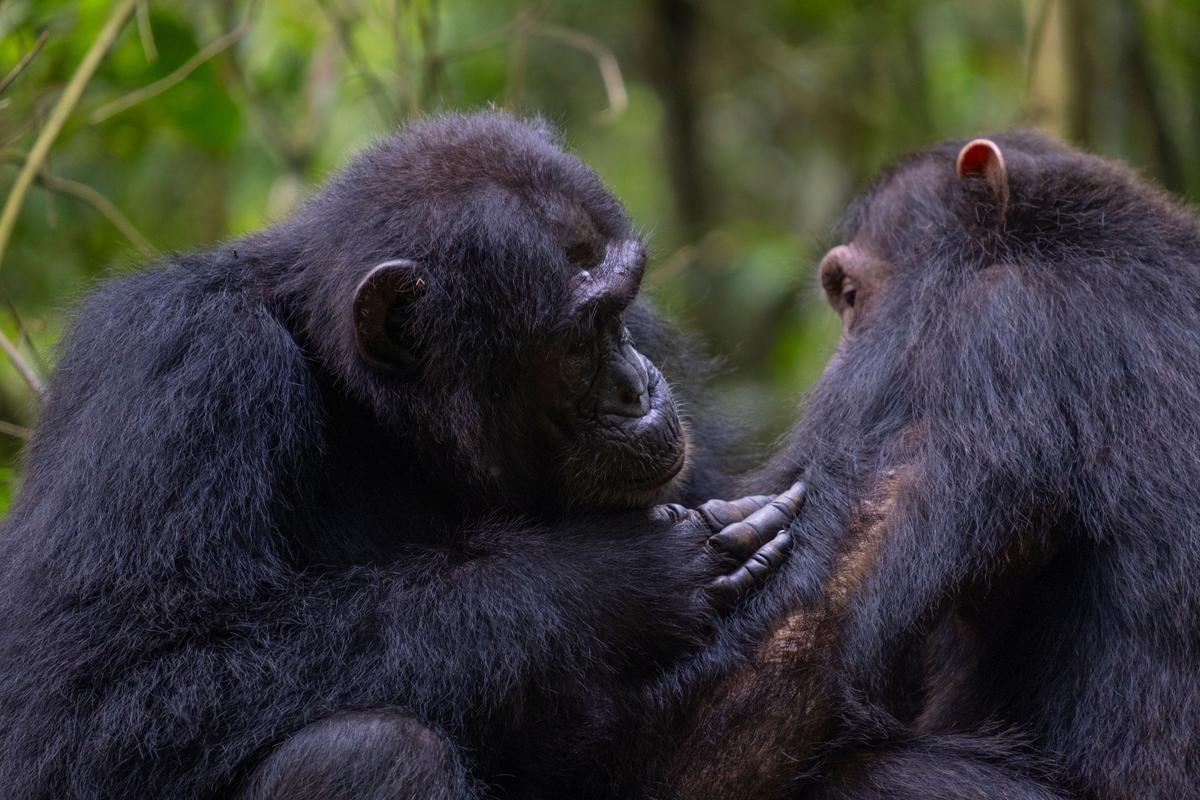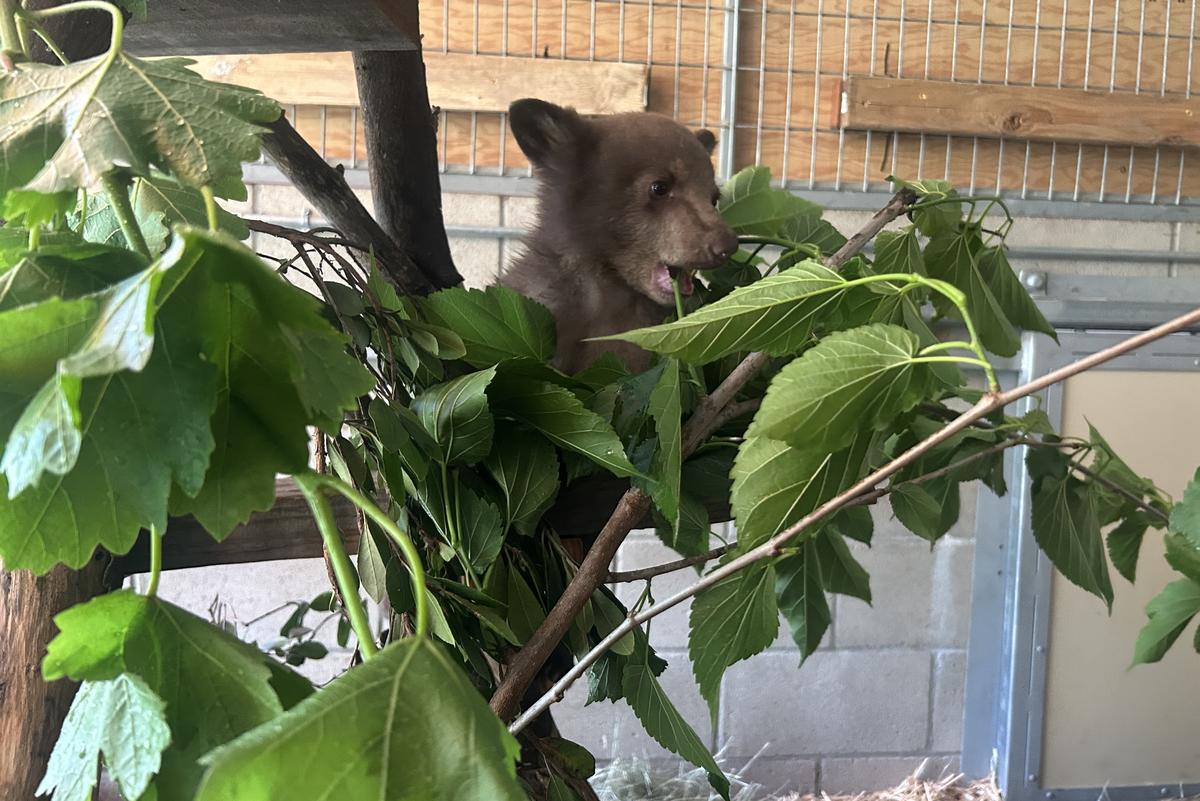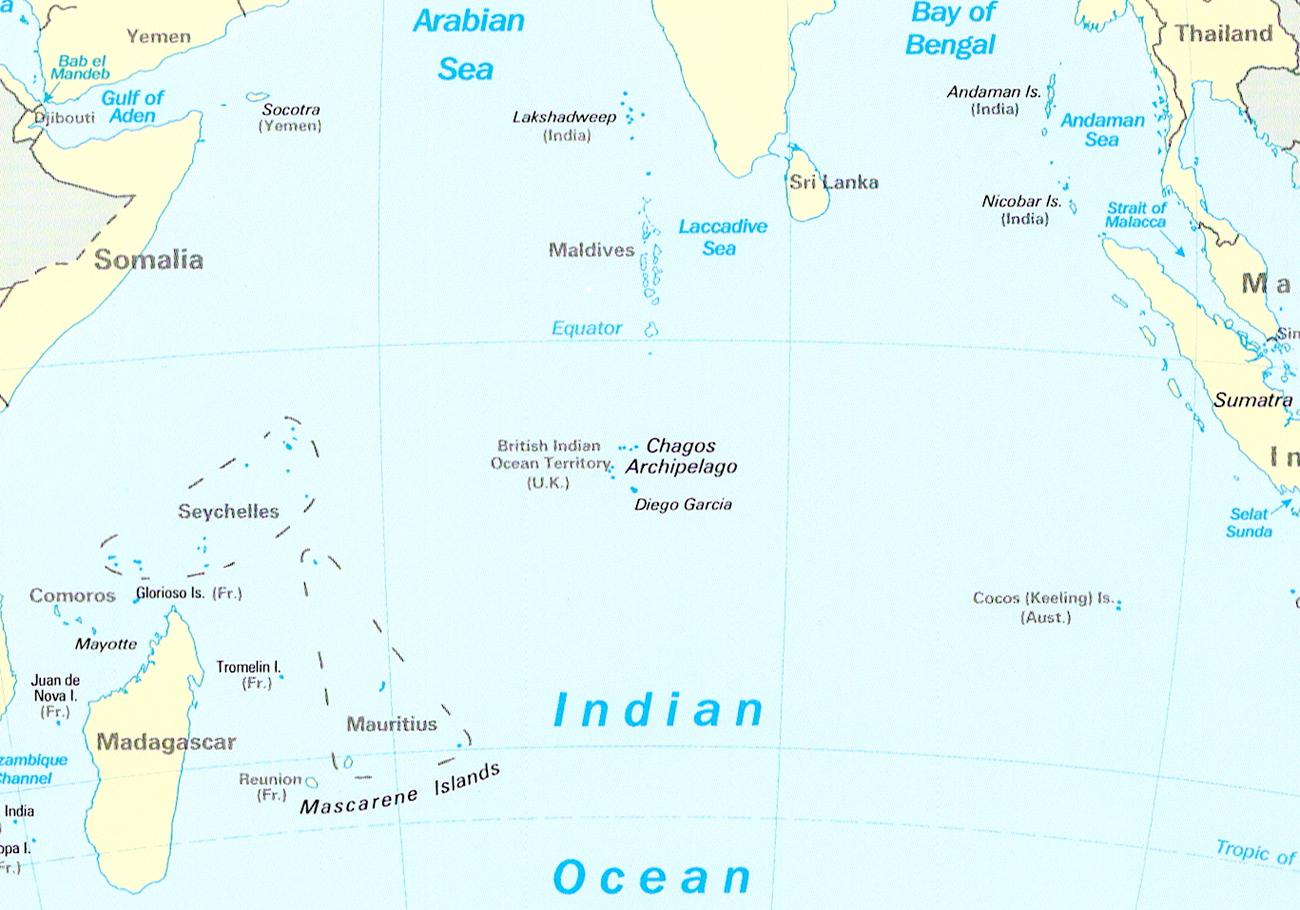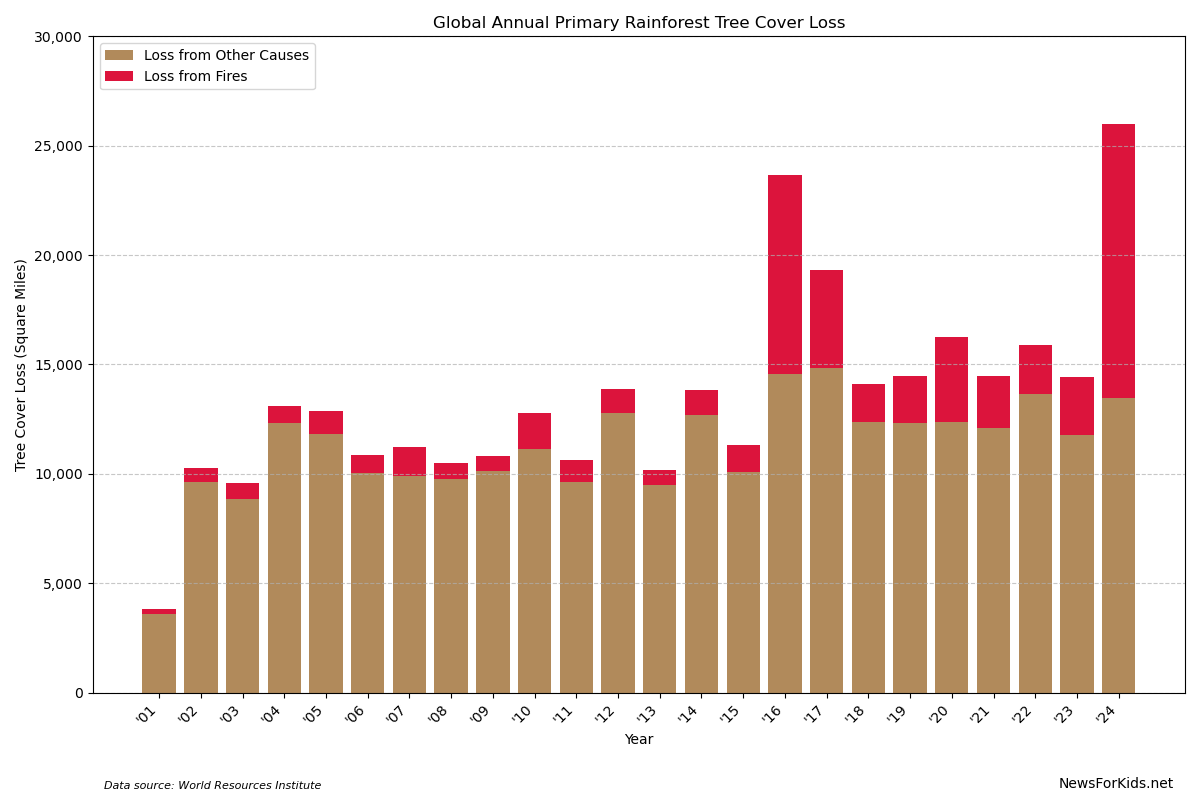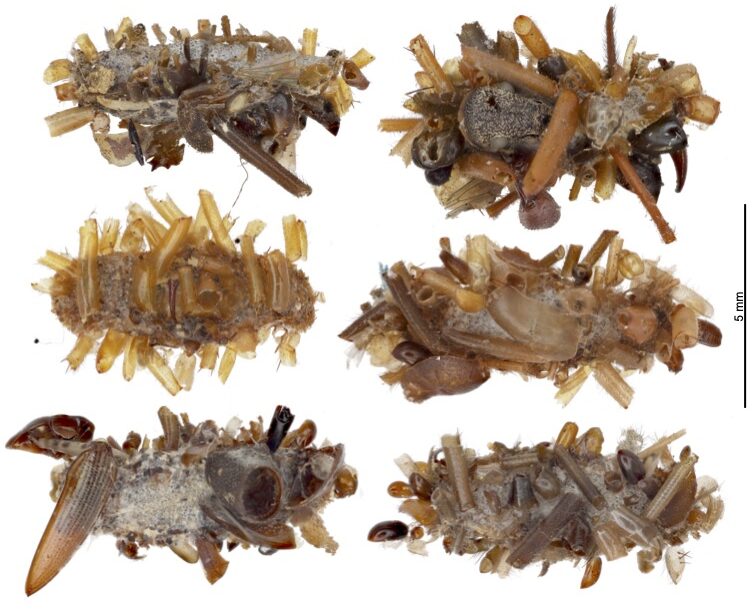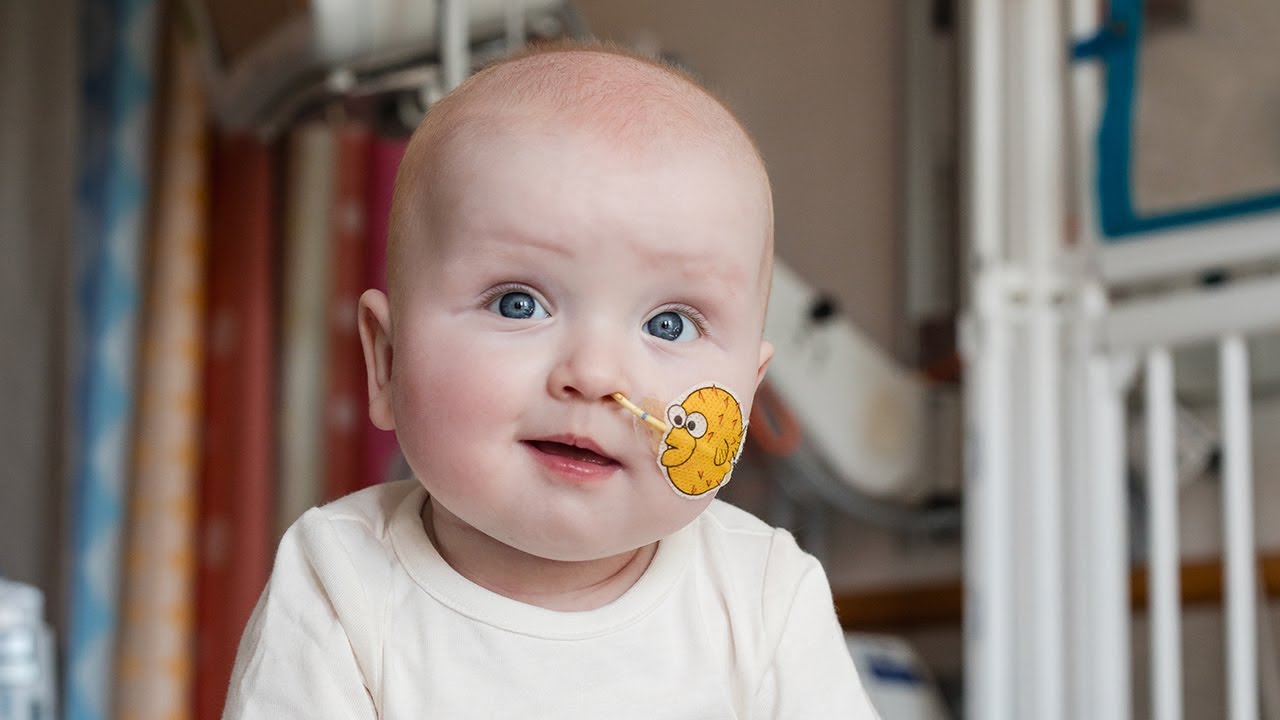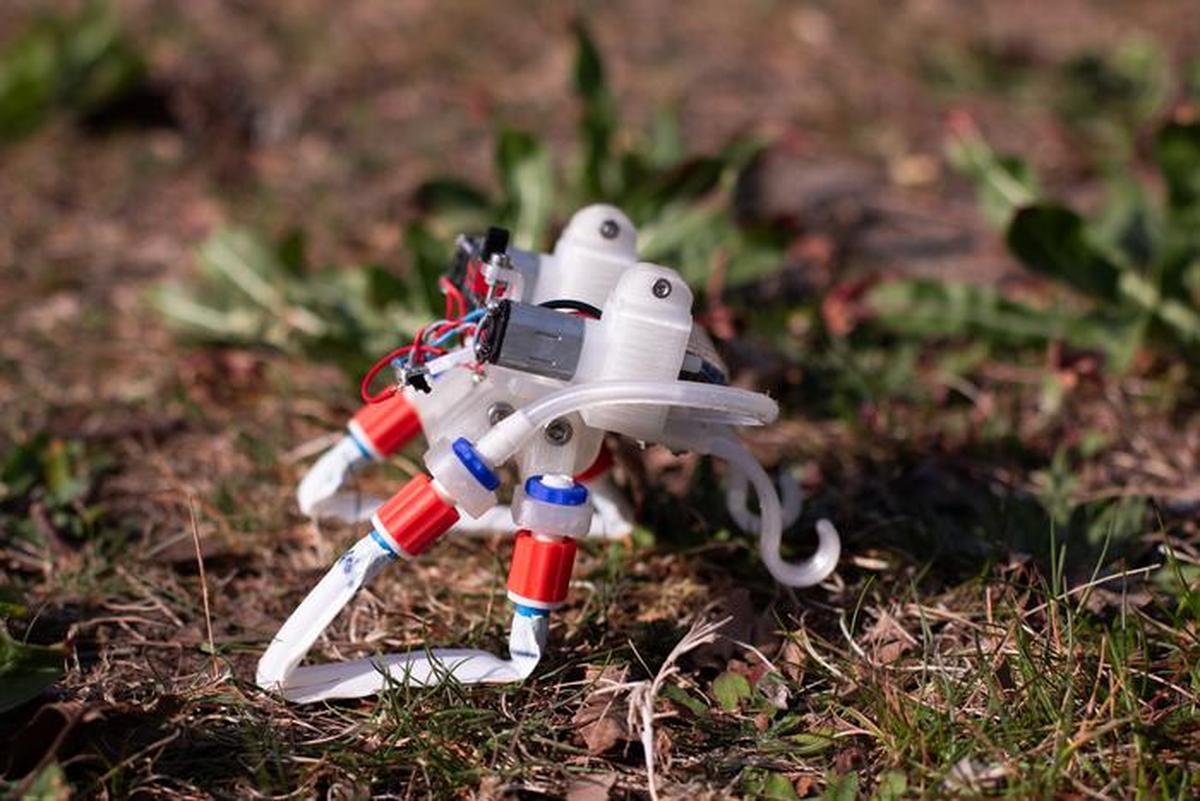Los Angeles has seen three days of growing protests and conflicts with police. The protests began after an increase in arrests of immigrants by US ICE agents. The conflict grew after US President Donald Trump sent National Guard soldiers to the area.
Published in “Archives: Articles”
On May 22, Johan Helberg was woken up by the phone. It was a friend, calling to make sure he was okay. Why? In the very early morning, a massive container ship had crashed into Mr. Helberg’s back yard, stopping very close to his house.
Scientists have long known that chimpanzees sometimes use leaves or insects as medicine. Now, researchers studying chimpanzees in Uganda have discovered that the animals will sometimes provide "first aid" to each other. This suggests that chimpanzees may be able to think about how to help others, as well as themselves.
On Sunday, Mexico held a historic election in which voters chose all of the country's judges for the first time ever. This is a huge change for Mexico. The results won't be announced for a while, but the election will change Mexico's court system for years to come.
When hikers in California came across a young bear cub crying on a trail last month, they knew they had to help. It was a rough start for the tiny bear, but now he's safe, healthy, and growing fast. In a year or so, he may be ready to return to the wild.
Last Thursday, the United Kingdom signed an agreement which will return control of the Chagos Islands to Mauritius. In exchange, the UK will be able to continue using the largest island as a military base for the next 99 years.
Last year, the world lost more forests than ever before. The biggest cause of this loss was fires. Land clearing for farming and other human activities was also a major cause. The results are very worrying for the planet, which relies on forests to help fight climate change.
Scientists in Hawaii have discovered a new species of moth, and its caterpillar has an unusual lifestyle. It lives in spiders' webs, eating insects it finds there. To protect itself from the spiders, the caterpillar covers itself with body parts from dead insects. Scientists call it the "bone collector" caterpillar.
Scientists have created the first gene-editing medicine made for a single patient. The patient - a young baby who was sick because of a problem with his DNA - is now greatly improved, and is expected to go home soon.
Actions by US President Donald Trump are raising serious questions about how he is using his position as president to make himself and his family richer. Some of Mr. Trump's actions would have been enough to force earlier presidents from office.
Scientists in the Netherlands have created a soft-bodied robot that's powered by air. The robot doesn't have a computer or a "brain", but even so, it's able to walk and swim on its own.


